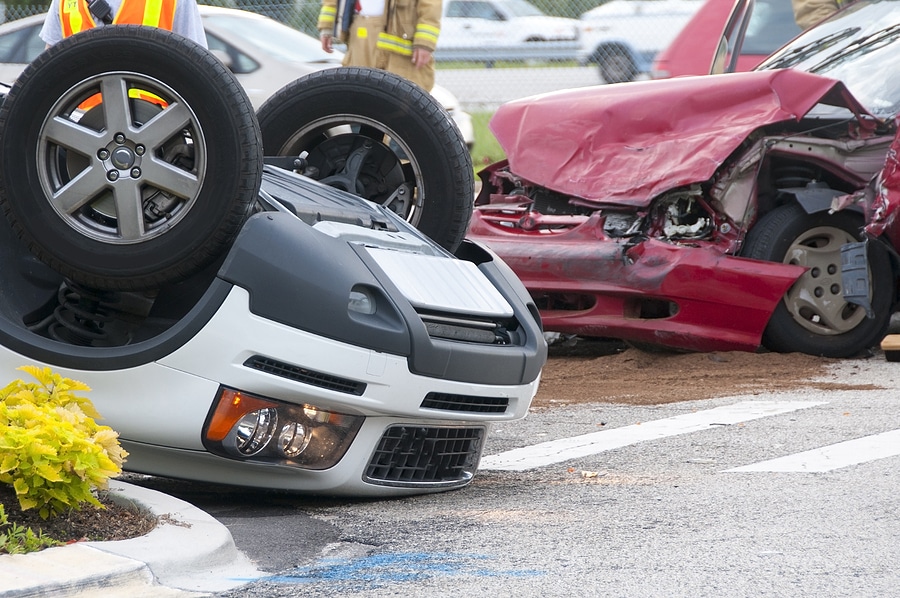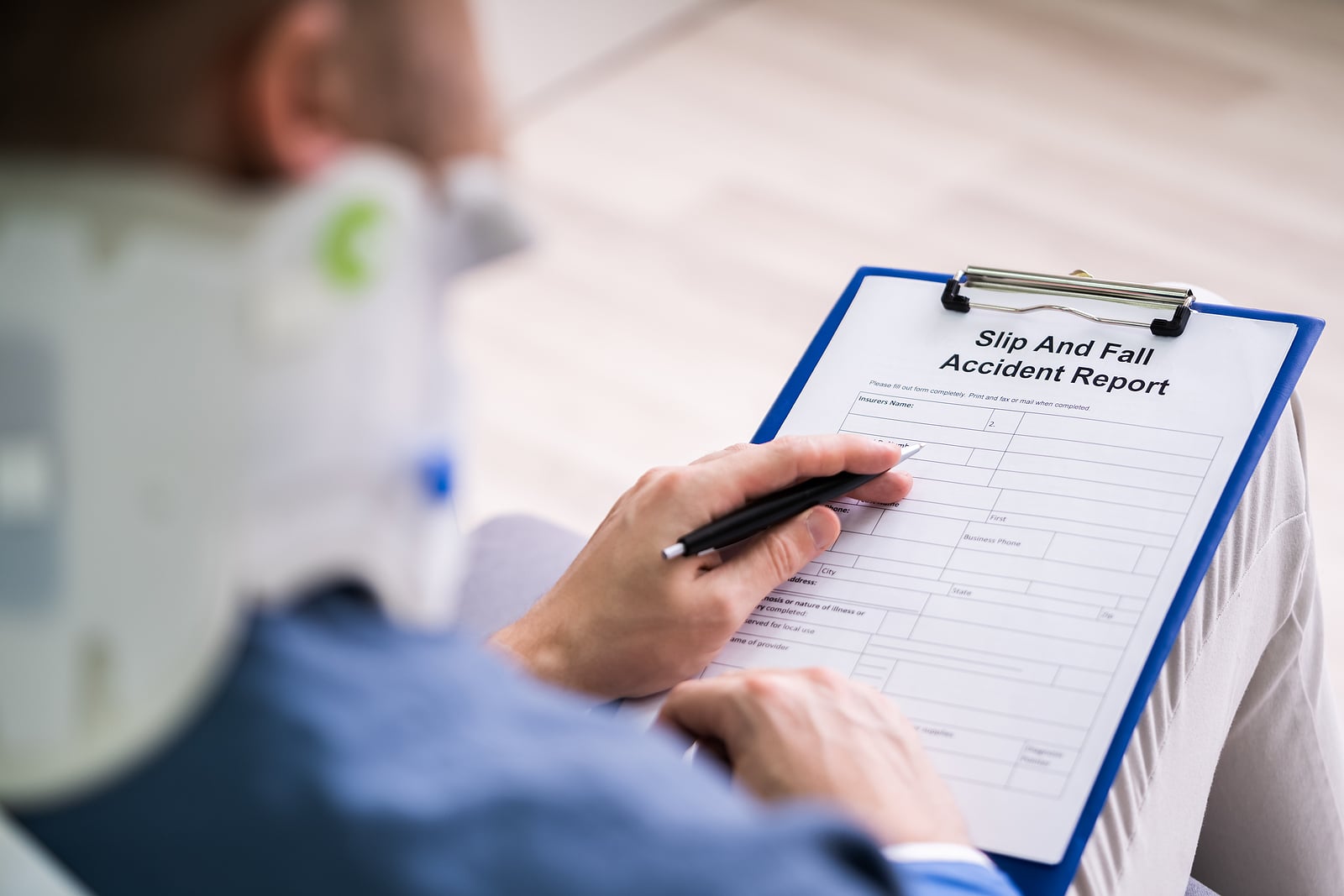Advocating For You in Catastrophic Injury Cases
Catastrophic Injuries are life-altering events that change your life and the lives of everyone you love. It’s an adjustment for you, the injured person, and the entire family as everyone learns to care for you and what that means. It can be one of the scariest and challenging times in a family’s life. Circumstances may have changed in an instant. The person who was once the primary support of the entire family may not be able to work. It can be stressful and terrifying. It would be best if you had the calm and steady guidance of a knowledgeable team of legal minds to guide you through the process.
At Sigal Law Firm, our catastrophic injury attorneys understand the stress and trauma your family is facing during this difficult transition. We will stand by your side every step, advocating firmly for you with doctors’ offices, insurance companies, claims adjustors and investigators, law enforcement, and others to ensure you get the compensation you deserve for your pain and suffering. Call us for a free case evaluation at 248-671-6794.
What Are Some Common Types of Catastrophic Injuries
A catastrophic injury is any severe injury. Any number of injuries could be considered catastrophic, but some are seen more often than most. Those are:
- Spinal cord injuries
- Traumatic brain injuries
- Amputation of limb(s)
- Loss of vision or hearing
- Injuries causing severe scarring
- Severe burns
- Paralysis
Any injury is considered catastrophic if it permanently and significantly disrupts one’s life. It requires significant and extended medical care and disrupts the victim’s ability to earn a gainful living outside the home environment.
What Kind of Accidents Cause Catastrophic Injuries?
A catastrophic injury can occur at any time, but they are most frequently the result of negligent actions by another party. They occur due to:
- Car accidents
- Trucking accidents
- Motorcycle accidents
- Slip and Fall accidents
- Workplace accidents
- Sports accidents
- Product defects
- Medical malpractice, including birth injuries
What is Post-Traumatic Stress Disorder? How is it related to Catastrophic Injuries?
The Mayo Clinic defines Post-Traumatic Stress Disorder (PTSD) as a mental health disorder that develops after either witnessing or being a part of a highly terrifying event. Most people can go through trauma, and although they may have great difficulty for a short period, with proper self-care, they will eventually be able to cope. Someone who has PTSD may continue to suffer from the event for months or years.
Individuals with catastrophic injuries are further impacted; not only is there a stigma associated with the mental illness of PTSD, but it is increasingly difficult to prove that such psychological trauma exists after such injuries occur. Whether you are fighting insurance companies, doctors, or other attorneys, you are not alone. It would help if you had the calm and empathetic guidance of a team of counselors dedicated to your case from day one. Sigal Law Firm is on your side, fighting for you.
Are There Other Types of Psychological Trauma that Occur after Catastrophic Injuries?
PTSD gets all the press; however, a lesser-known but equally destructive trauma called moral injury frequently affects veterans, their families, or those involved in law enforcement. Moral injury occurs when an individual experiences deep psychological distress resulting from actions (or lack thereof) that contradict someone’s moral ethical code. These injuries can come up for those with catastrophic injuries after war or those involved in some altercation or accident that caused life-altering injuries to themselves or another person. Moral injury often deals more with guilt and shame rather than reliving the events repeatedly. It can cause as much damage to an individual and their family and is just as difficult to prove and treat. Those suffering from this trauma must receive the care they require.
What Are Some Common Symptoms of Psychological Trauma After Catastrophic Injury?
Symptoms from psychological trauma are varied and can change from episode depending on the triggering event. Some everyday experiences are:
- Having intrusive memories-distressing, unwanted memories of the trauma that come back to the individual over and over regardless of the amount of time that has passed.
- Reliving the event as if it continues to occur, colloquially known as having flashbacks
- Suffering nightmares or bad dreams
- Suffering severe physical or emotional reactions to something that reminds the individual of the event. Often referred to as a trigger.
- Avoidance of people or places that remind the individual of the event
- Becoming very negative about self, others, and the world in general
- Extreme feelings of fear, guilt, blame, and shame
- Feelings of numbness and detachment
- The “Fight or Flight” mechanism is always on.
- Extreme irritability
- Difficulty concentrating, sleeping,
- Self-destructive behavior: The individual may turn to drugs, alcohol, disordered eating, self-mutilation
When Should I Call A Catastrophic Injury Attorney?
Too Many People wait until the insurance company has denied their claims to seek help. Their policies usually only cover a tiny portion of the treatment required for these types of injuries, and families and caregivers are often too exhausted to fight them. Others accept the settlements the insurance companies initially offer without questioning whether or not it is fair. We understand these challenges at Sigal Law Firm and will help guide you through them. We believe that victims of catastrophic injury deserve our complete protection and attention, and our empathetic lawyers will work hard on your behalf. We advocate for you. Call us at 248-671-6794.
















